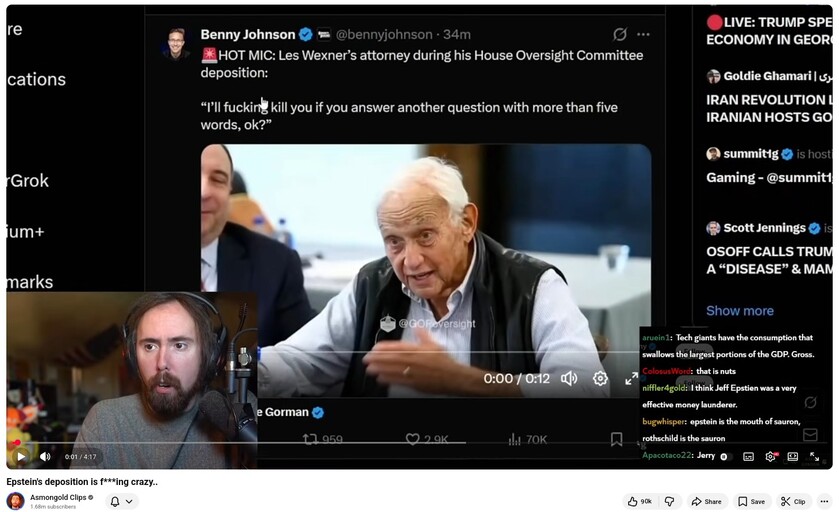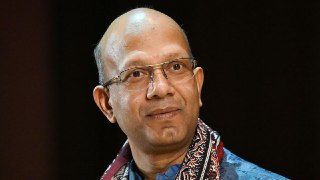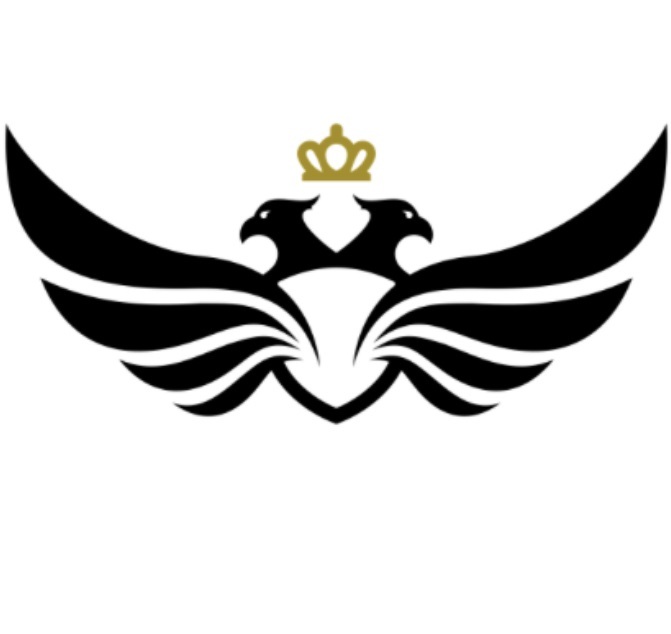https://english.pravda.ru/world/157171-latin_america_eu_summit/
EU-Latin America summit ends miserably for Europe
The EU-Latin America summit took place in Brussels on July 17-18. Instead of the crisis in Ukraine, Latin Americans preferred to talk about compensations for the genocide of the indigenous peoples of America.
EU-CELAC summit wrong from the start
Washington has embroiled Europe in two conflicts (with the Russian Federation and China), and Brussels is now looking for new allies. However, things did not work out for Brussels from the very start of the EU-CELAC summit (33 countries of Latin America and the Caribbean). It is worthy of note that the previous summit was held eight years ago.
Firstly, South American leaders, including Nicaraguan President Daniel Ortega and his Venezuelan counterpart Nicolas Maduro (Russian allies) ignored the meeting. They sent the Foreign Minister and the Vice-President to Brussels instead (accordingly).
Secondly, the speech from Ukrainian President Volodymyr Zelensky was rejected immediately due to opposing opinions at CELAC regarding the causes of the conflict in Ukraine.
Thirdly, the final declaration was not unanimously agreed because of the position of Nicaragua.
Nicaragua refused to sign even a neutral resolution
The EU hoped that the promised 45 billion euros of investment (before 2027) would make the leaders of CELAC countries more amenable to defining a "common position on Ukraine." However, three countries (Cuba, Venezuela, Nicaragua) refused to sign the final declaration that condemned Russia.
The resolution was published saying that Nicaragua refused to ratify the document that mentioned the "war against Ukraine."
The published resolution was rather neutral in its tone:
"We express deep concern on the ongoing war against Ukraine, which continues to cause immense human suffering and is exacerbating existing fragilities in the global economy, constraining growth, increasing inflation, disrupting supply chains, heightening energy and food insecurity and elevating financial stability risks."
The resolution also states that the countries are committed to "diplomatic efforts aimed at achieving a just and sustainable peace in accordance with the Charter of the United Nations."
Ukraine is not the only theatre of war
The current CELAC Chair, Prime Minister of Saint Vincent and the Grenadines, Ralph Goncalves, stressed out that Ukraine is not the only theatre of military operations or armed conflicts that ruin people's lives and economies. Latin America has a similar hotspot - Haiti. Ralph Goncalves does not understand the "disproportionate global importance" that the West attaches to Ukraine.
Honduran President Xiomara Castro, the next CELAC chair, asked the summit participants to approve a resolution calling for an end to the blockade of Cuba. She also demanded an end to "piracy and confiscation of assets" "because we are all at risk of discovering one day that our reserves in foreign banks have been frozen".
The leader of Honduras called on the EU to return all assets that the West illegally seized to the people of Venezuela. All "barriers that prevent us from normalising our trade relations with brotherly countries such as Nicaragua" should be removed as well, the President of Honduras added.
In this regard, Cuban President Miguel Diaz-Canel noted that he was concerned about the "persistent desire (of the West) to replace the UN Charter and international law with the so-called "international order based on rules" that had not been either discussed or agreed with all states."
EU tries to conceal its plunder of Latin America
According to the Cuban leader, the much-talked about strategic association with the EU does not exist.
"Neither Latin America nor the Caribbean have been a real priority for the European Union," Diaz-Canel said.
Latin America and the Caribbean are no longer the backyard of the United States, he said.
"They are not former colonies that need being advised to, and we will not accept being treated as mere raw materials suppliers. We are independent and sovereign countries with a common vision for the future," the Cuban leader stressed.
Diaz-Canel also said that "the colonial plunder and capitalist looting turned Europe into a creditor, whereas Latin America and the Caribbean became debtors." EU's current financial policies continue to create obstacles to the development of CELAC.
Brazilian President José Inacio Lula da Silva said that Western arms supplies extend the conflict in Ukraine and distract the world from the struggle against climate change.
"The war in the heart of Europe" has exacerbated hunger and inequality in the world and increased global military spending, Lula said. He also spoke against sanctions and blockades without the support of international law. The West accuses Brazil of destroying the Amazon jungle — the lungs of the planets — and threatens Brazil with sanctions.
Indian Genocide Reparations
The Latin Americans proposed enshrining in the summit resolution that the EU should "morally, ethically and economically repair the damage for plundering the national wealth and exterminating indigenous peoples. As a result, the resolution only mentioned that the issue on reparations was raised, but discussions on the topic continue.
Latin America does not want to think about Ukraine. Latin American countries want to develop their economies and implement a free trade agreement with the EU.
The agreement between the EU and MERCOSUR was concluded in 2019. The document never entered into force because a number of European countries, including Germany, demanded "respect for the rights of indigenous peoples" and the protection of tropical forests. Brazil refused to sign the declaration to this effect. Lula considers those theses unacceptable as they may limit the "re-industrialisation" of Brazil.
Latin America needs Russian food, fertilisers and fuel
The EU is at risk of an escalating war in the region. Poverty and social tensions are rising due to unconditional support for the proxy war that the United States is conducting against Russia in Ukraine. The CELAC countries do not want to participate in this war as they get resources from Russia. Latin American peoples would only care less about EU investments in their economies if they have no petrol at gas stations and no flour in food stores.


















